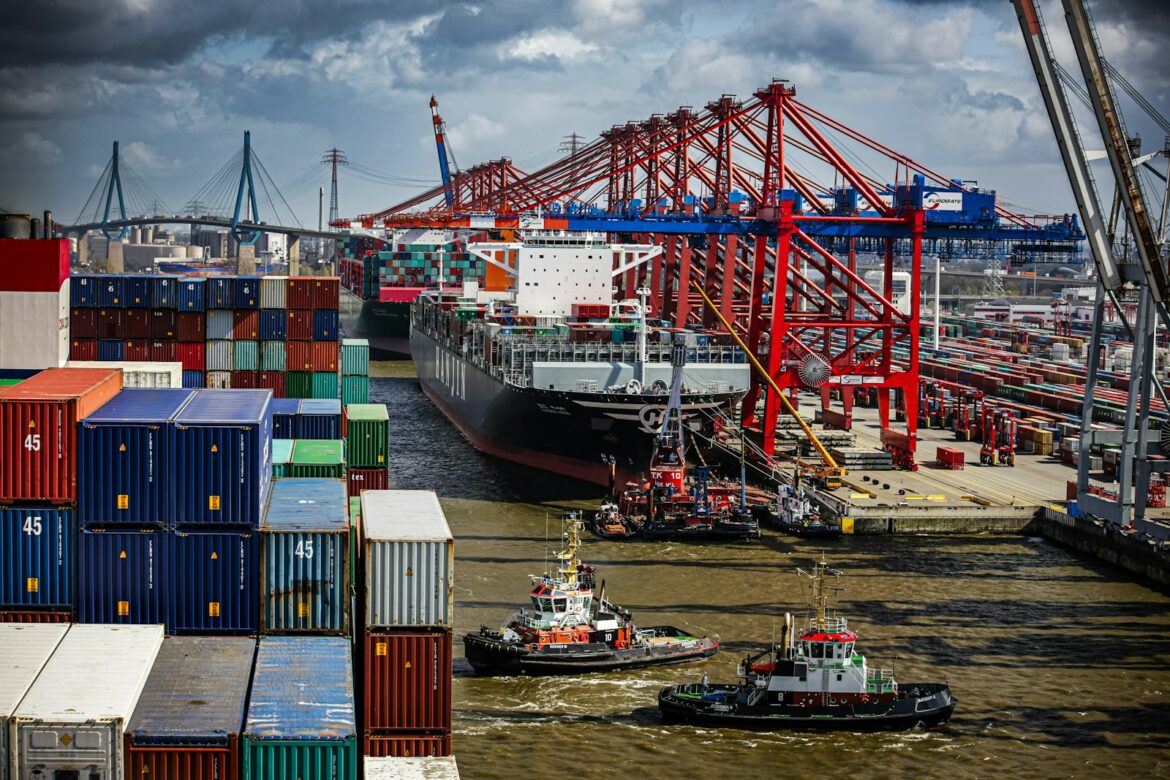The logistics industry is undergoing a transformative shift, driven by advancements in artificial intelligence (AI) and machine learning. As businesses strive for efficiency and resilience in their supply chains, the demand for logistics intelligence platforms has surged. This article explores the factors fueling this investment surge, the benefits of AI in supply chain management, and notable case studies that illustrate the impact of these technologies.
The Rise of AI in Supply Chain Management
Artificial intelligence has emerged as a game-changer in supply chain management, enabling companies to optimize operations, reduce costs, and enhance customer satisfaction. The integration of AI into logistics intelligence platforms allows for:
- Data-Driven Decision Making: AI algorithms analyze vast amounts of data to provide actionable insights, helping businesses make informed decisions.
- Predictive Analytics: By forecasting demand and identifying potential disruptions, AI helps companies proactively manage their supply chains.
- Automation: AI-powered automation streamlines processes, reducing manual labor and minimizing errors.
According to a report by McKinsey, companies that adopt AI in their supply chains can expect a 20-30% reduction in operational costs and a 10-20% increase in revenue. This potential for significant returns is driving investment in logistics intelligence platforms.
Factors Driving Investment in Logistics Intelligence Platforms
Several key factors are contributing to the surge in investment in logistics intelligence platforms:
- Increased Complexity of Supply Chains: Globalization and the rise of e-commerce have made supply chains more complex, necessitating advanced solutions to manage them effectively.
- Consumer Expectations: Today’s consumers demand faster delivery times and greater transparency, pushing companies to adopt technologies that can meet these expectations.
- Cost Pressures: Rising fuel prices and labor costs are prompting businesses to seek efficiencies through AI-driven logistics solutions.
- Technological Advancements: The rapid development of AI and machine learning technologies has made it easier and more cost-effective for companies to implement these solutions.
Benefits of AI-Driven Logistics Intelligence Platforms
The adoption of AI in logistics intelligence platforms offers numerous benefits, including:
- Enhanced Visibility: AI provides real-time visibility into supply chain operations, allowing companies to track shipments and inventory levels more effectively.
- Improved Forecasting: AI algorithms can analyze historical data and market trends to improve demand forecasting accuracy, reducing the risk of stockouts or overstocking.
- Risk Management: AI can identify potential risks in the supply chain, such as supplier disruptions or geopolitical issues, enabling companies to develop contingency plans.
- Cost Reduction: By optimizing routes and inventory levels, AI can significantly reduce transportation and warehousing costs.
Case Studies: Success Stories in AI-Driven Logistics
Several companies have successfully implemented AI-driven logistics intelligence platforms, showcasing the transformative potential of these technologies:
1. Amazon
Amazon is a pioneer in leveraging AI for supply chain optimization. The company uses machine learning algorithms to predict customer demand, optimize inventory levels, and streamline its delivery network. As a result, Amazon has achieved remarkable efficiency, with the ability to deliver packages to customers within hours of placing an order.
2. DHL
DHL has invested heavily in AI and robotics to enhance its logistics operations. The company employs AI-driven analytics to optimize its delivery routes and improve warehouse management. By implementing these technologies, DHL has reduced delivery times and improved customer satisfaction.
3. Unilever
Unilever has adopted AI to enhance its supply chain resilience. The company uses predictive analytics to forecast demand and manage inventory levels across its global supply chain. This approach has enabled Unilever to respond more effectively to market fluctuations and consumer trends.
The Future of Supply Chain AI
The future of supply chain AI looks promising, with continued investment expected in logistics intelligence platforms. Key trends shaping this future include:
- Integration with IoT: The Internet of Things (IoT) will play a crucial role in enhancing supply chain visibility and data collection, further empowering AI-driven decision-making.
- Focus on Sustainability: Companies are increasingly prioritizing sustainability in their supply chains, and AI can help optimize resource use and reduce waste.
- Collaboration and Sharing: Businesses are likely to collaborate more closely, sharing data and insights to enhance supply chain efficiency and resilience.
Conclusion
The surge in investment in logistics intelligence platforms driven by AI is reshaping the supply chain landscape. As companies face increasing complexity, consumer expectations, and cost pressures, the adoption of AI technologies offers a pathway to enhanced efficiency, visibility, and resilience. With successful case studies from industry leaders like Amazon, DHL, and Unilever, it is clear that the future of supply chain management lies in harnessing the power of AI. As we move forward, businesses that embrace these technologies will be better positioned to thrive in an ever-evolving marketplace.
